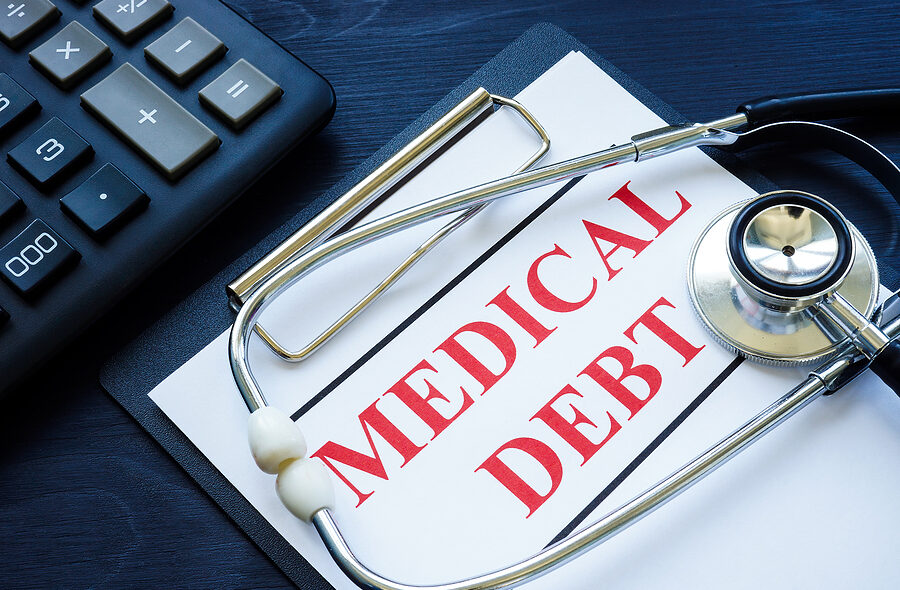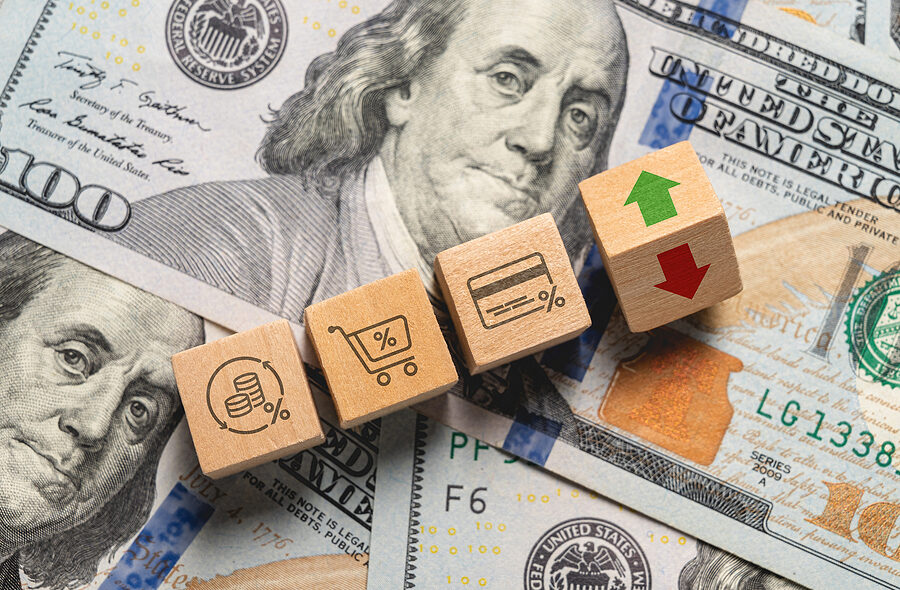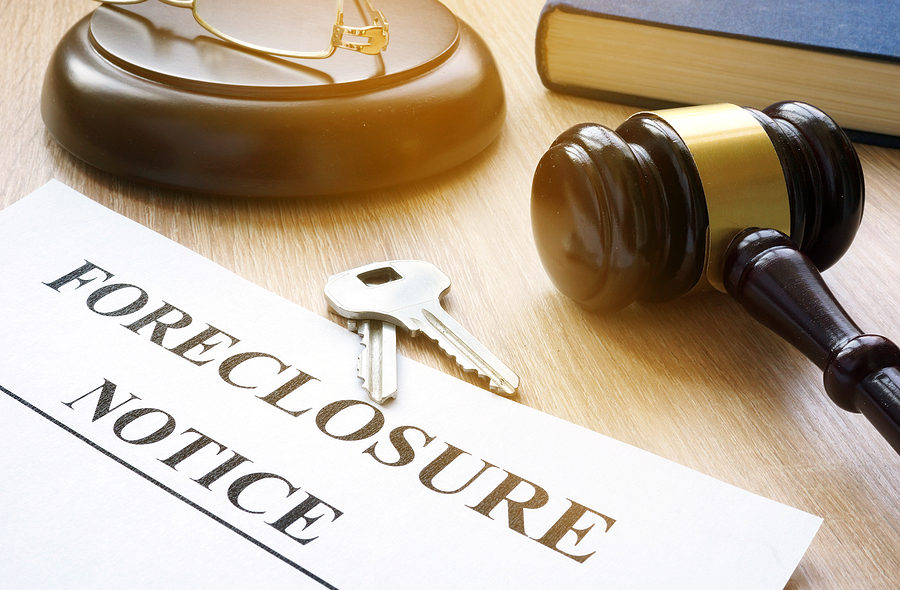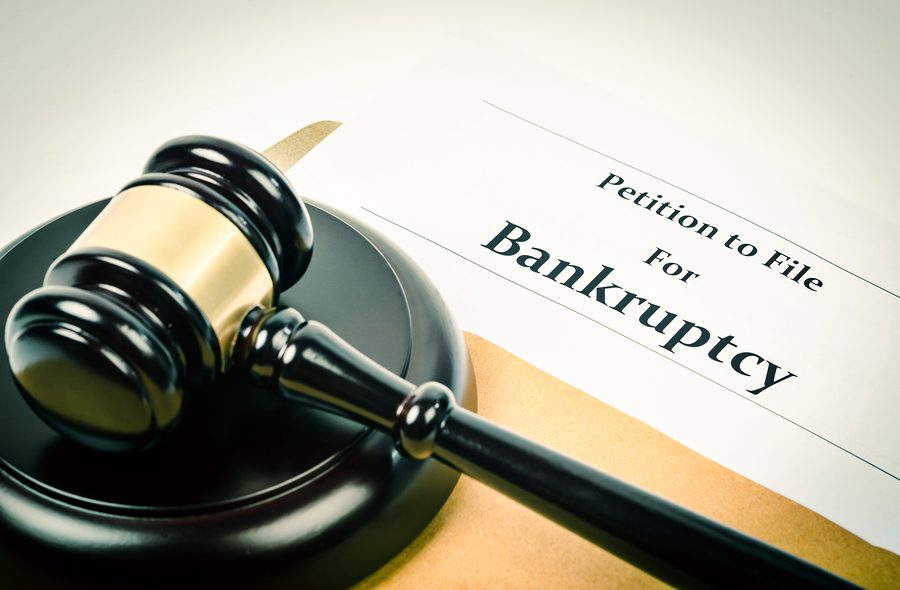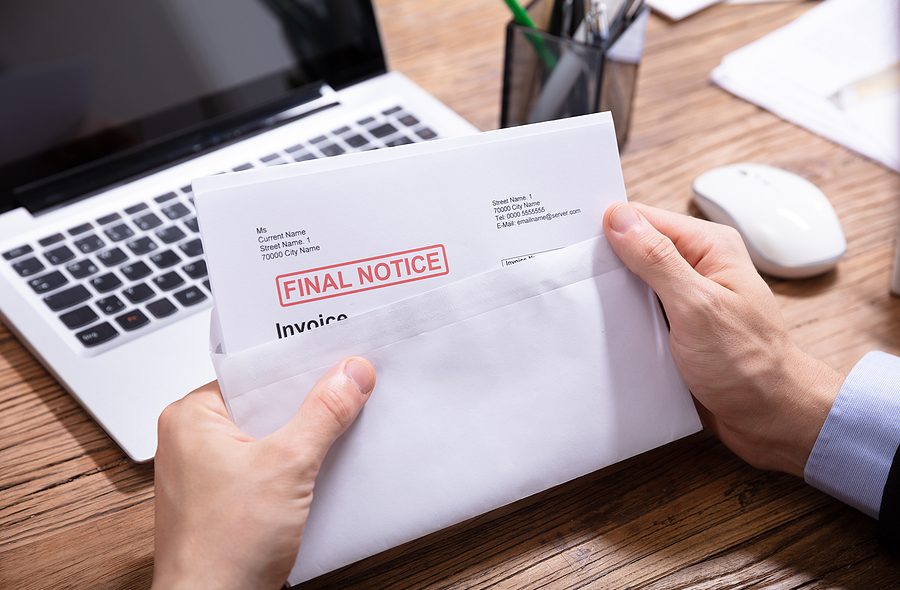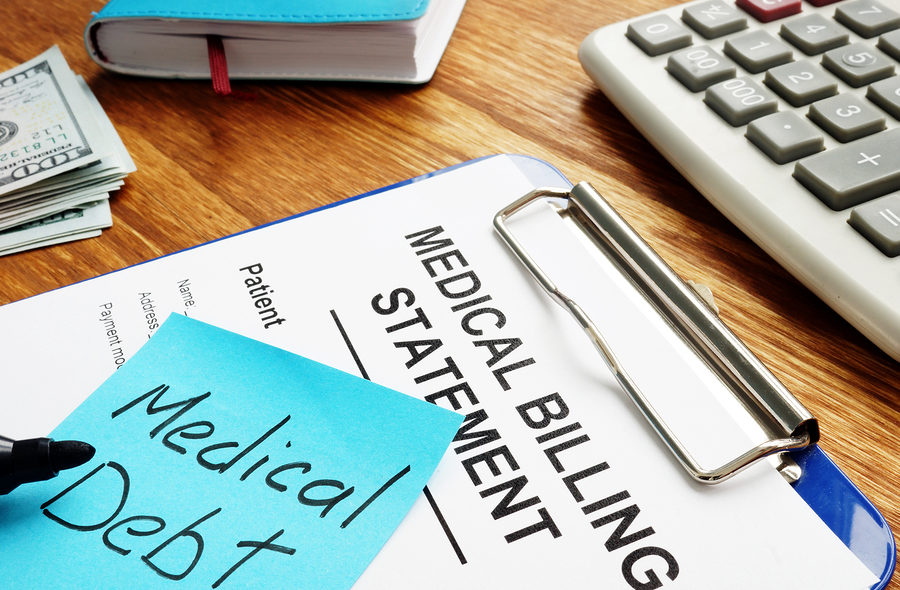The Trump Administration has announced it will begin collection efforts on defaulted student loans for the first time in five years. The Department of Education announced that its office of Federal Student Aid will resume collections on May 5, meaning it can start taking funds out of borrowers’ tax refunds, Social Security benefits, and even their wages.
This has raised questions and anxieties for millions of borrowers across the country. The change will affect 5.3 million borrowers who went into default before the pandemic, according to the Education Department. A borrower is considered in default when they fail to make a loan payment for at least 270 days.
According to data provided to NPR, 2.9 million borrowers are 61-90 days late with their loan payments. Another 4 million are in “late-stage delinquency,” and have been reported to the credit bureaus, according to the Department.
With the economy going the way, it is, and tariffs making the cost of goods more expensive, the number of delinquent borrowers is expected to grow.
How can I tell if I am impacted?
The Department of Education says it will reach out to all borrowers that are in default by May 5, 2025. People can also check their status by going to StudentAid.gov, the Department of Education’s website.
The online dashboard shows how much debt is owed and to whom, the monthly payment amount and — if they are in default — a warning message that says so. It is also where they can ensure all their contact information is up to date.
What are my options if I am in default?
There are ways people can get out of default. The quickest, but oftentimes the hardest is to pay off the loan in full. Another method is consolidation, which involves paying off your defaulted loans with new repayment terms. Student loan consolidation combines multiple federal student loans into a single, new federal loan. This simplifies payments, potentially reduces monthly payments, and allows for a longer repayment term. Loan rehabilitation requires a borrower to make multiple — typically nine — consecutive on-time payments of an amount that is usually based on their income. Once those are paid, the loan is taken out of default and the default line is removed from the person’s credit report.
Click here to read more.
For borrowers who are struggling with student loan debt, relief options are available. Many student loan borrowers are unaware that they have rights and repayment options available to them, such as postponement of loan payments, reduction of payments or even a complete discharge of the debt. There are ways to file for bankruptcy with student loan debt. It is important you contact an experienced Miami bankruptcy attorney who can advise you of all your options. As an experienced CPA as well as a proven bankruptcy lawyer, Timothy Kingcade knows how to help clients take full advantage of the bankruptcy laws to protect their assets and get successful results. Since 1996 Kingcade Garcia McMaken has been helping people from all walks of life build a better tomorrow. Our attorneys help thousands of people every year take advantage of their rights under bankruptcy protection to restart, rebuild and recover. The day you hire our firm, we will contact your creditors to stop the harassment. You can also find useful consumer information on the Kingcade Garcia McMaken website at www.miamibankruptcy.com.


